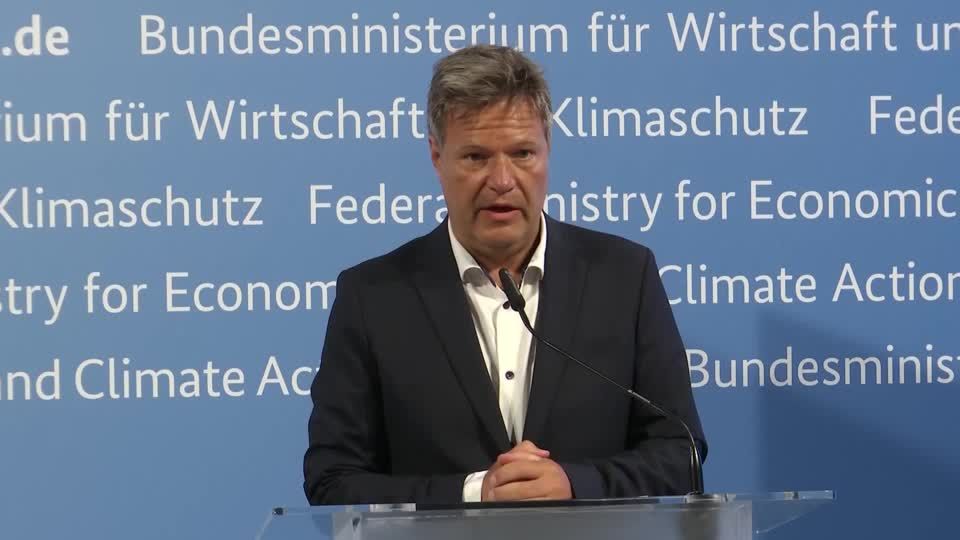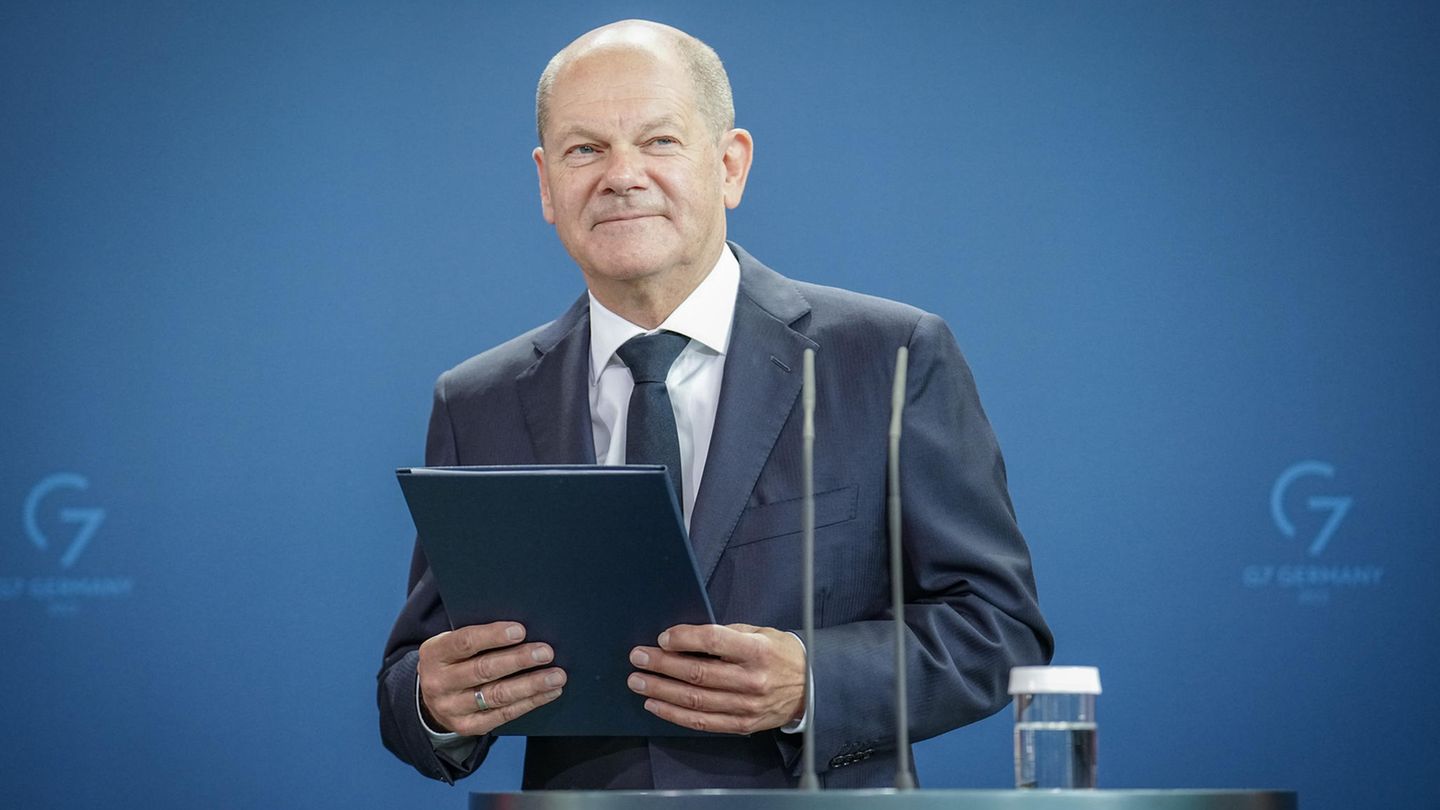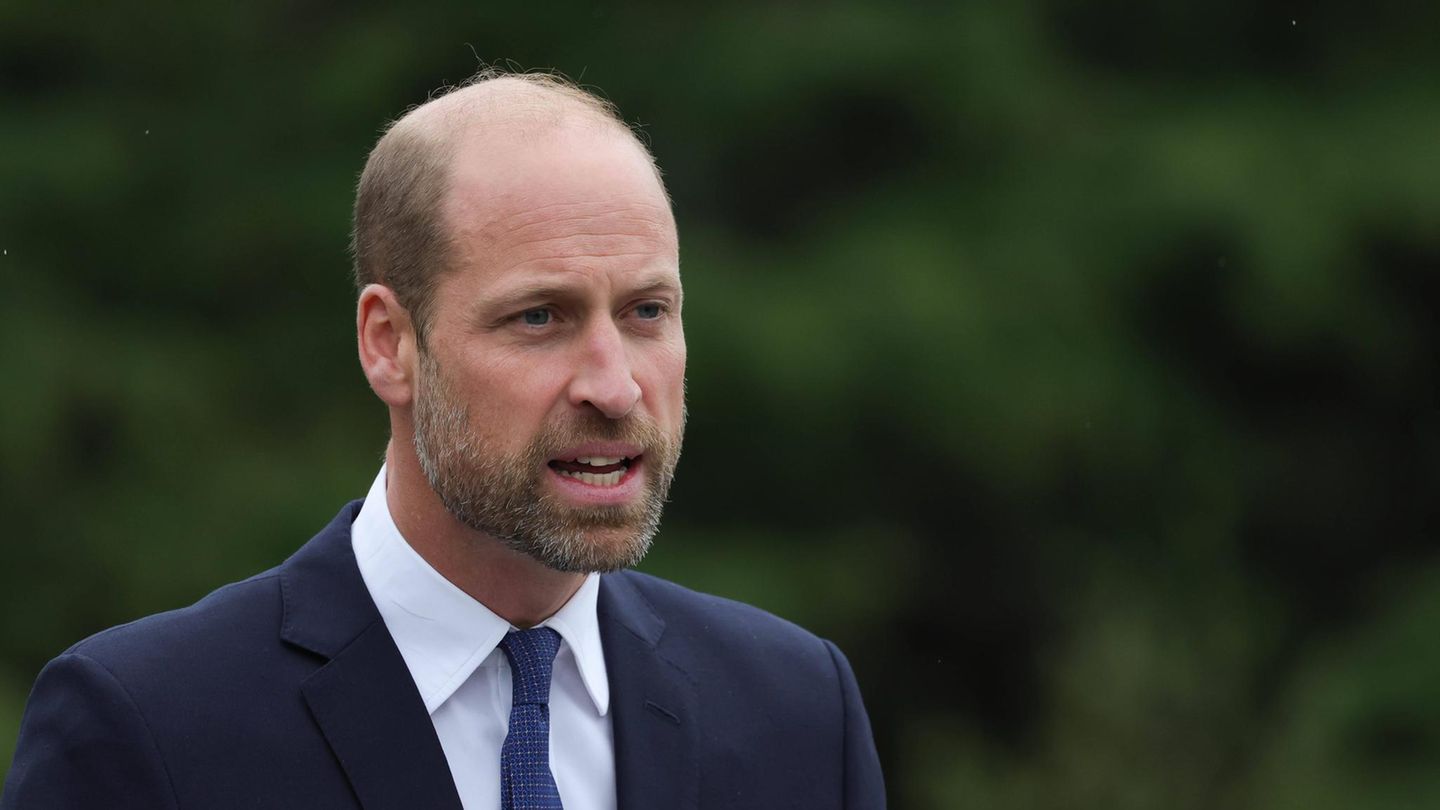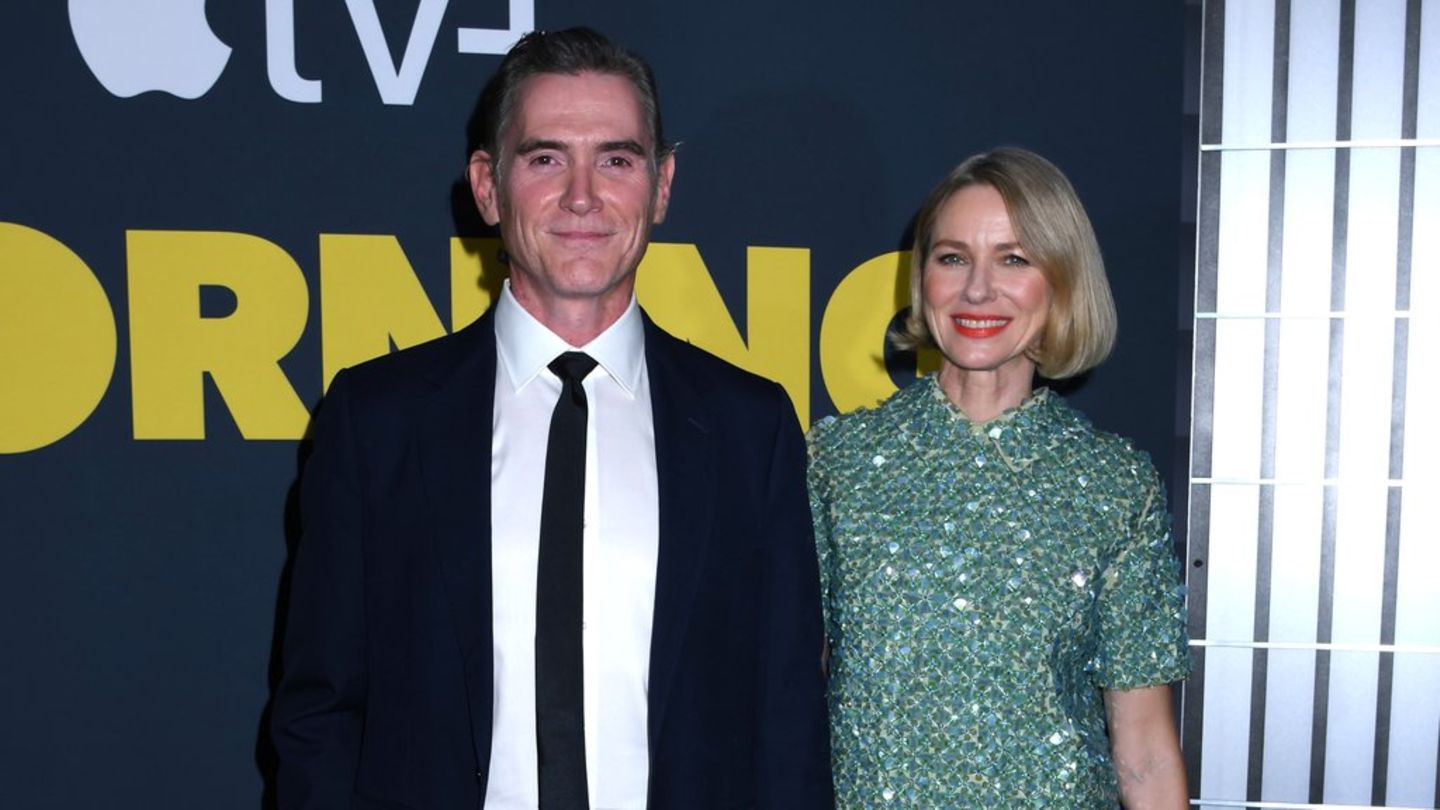The planned tax cut on gas is intended to relieve consumers. Critics complain that the federal government’s decision is neither effective nor accurate.
Some call it so, others so. Olaf Scholz says: “This is another step towards relief.”
In view of rapidly rising energy prices, the federal government wants to relieve gas customers with a tax cut worth billions. The Federal Chancellor announced that value-added tax on raw materials, which are becoming increasingly expensive, should be reduced from 19 to seven percent.
“By taking this step, we are relieving gas customers to a much greater extent overall than with the additional burden caused by the surcharges,” says Scholz. The reduced tax rate should apply from the beginning of October to the end of March 2024 and thus for as long as the gas levy is levied.
Allocation up, taxes down: The traffic light coalition wants to protect both energy importers and consumers from an uncomfortable winter. “You’ll never walk alone”, Scholz once again quotes his credo in the energy crisis. His Federal Economics Minister Robert Habeck (Bündnis 90/Die Grünen) considers the temporary tax cut to be “logical”.
Not everyone sees it that way. Economists, social organizations and trade unions complain that the tax cut is neither targeted nor effective. Criticism also comes from within their own ranks.
After the gas allocation, the tax cut
The amount of the state gas levy, with which consumers are also supposed to support struggling energy companies, was announced on Monday: From October, gas customers will pay 2.4198 cents per kilowatt hour, which in some cases will result in considerable additional costs (). The gas surcharge is “a bitter medicine” but necessary to ensure security of supply, said Economics Minister Habeck.
In addition, for reasons of European law, VAT must be levied on the gas surcharge. A cancellation of the tax, as hoped by the federal government, .
The federal government wants to take countermeasures with the reduced tax rate on all gas consumption from autumn – not just on the levy. Federal Finance Minister Christian Lindner (FDP) emphasized that with the tax cut the federal government is even going well beyond compensating for the gas levy.
“The reduction in VAT on gas is the next decision that has the wrong economic effect,” says Baden-Württemberg’s Finance Minister Danyal Bayaz. A scarce commodity should not be made cheaper for everyone across the board, . “It would be better to let prices work in order to incentivize savings and relieve the needy in a targeted manner.”
Are the right incentives being set?
Economists, social organizations and trade unions make similar statements. You raise doubts: Will the planned tax cut even reach the people? Is the relief fair for everyone? And does the project provide the right incentives?
- “The VAT reduction relieves everyone, including those who don’t need it at all,” he notes Parity union in the at. “This also includes top earners who could relieve our social systems with VAT.” Therefore, one speaks out for “targeted help” for those “who can no longer pay their gas bill”.
- “Since every kilowatt hour of gas consumed becomes cheaper with the VAT, those who also consume more gas are relieved – calculated in euros – more,” says the . “These are mainly high-income households.” In addition, the incentive to save gas is dampened by the low price, writes the scientific director of the Institute for Macroeconomics and Business Cycle Research (IMK).

-
Verdi boss Frank Werneke considers the temporary reduction in VAT to be insufficient and “additionally” a gas price cap to be “necessary”. The costs would have to be capped at the 2021 level and compensated for energy suppliers, he suggests in the newspapers of the Funke media group. The federal government’s measure is “a step in the right direction”.
- “This time it must not be the same as with the tank discount,” she says President of the social association vdk, Verena Bentele. “The tax cut has to reach the people.” This requires a “legally effective regulation,” she demands in the “Rheinische Post”. Also from the point of view of President of the Munich Ifo Institute Clemens Fuest it’s unclear if the tax cut will be passed on to consumers – or if prices will rise bottom line.
Because energy suppliers are not obliged to pass on the tax reduction to their customers. Chancellor Scholz emphasized: “We expect companies to pass this reduction on to consumers one-to-one.” Economics Minister Habeck (Greens) made a similar statement. The FDP called on Habeck to hold the energy suppliers accountable.
And what signal does the tax cut send? On the one hand, consumers are being asked to save energy, especially gas, on the other hand, the federal government now wants to push gas prices down.
The energy expert at the RWI-Leibniz Institute, Manuel Frondel, therefore considers the full VAT on the gas surcharge to be more sensible. “VAT should be levied in full in order to maximize the steering effect of the gas surcharge,” he said. “Social hardship should be cushioned by the additional tax revenue by specifically supporting low-income households.”
“In the next few weeks we will put together a third relief package”
The Ministry of Finance puts the loss of revenue from the planned tax cut, which still has to be passed by the Bundestag and Bundesrat, at almost five billion euros – for the period from October 2022 to the end of March 2023 alone. In view of fluctuations in gas prices and consumption, it is not possible to forecast any further.
Chancellor Scholz, meanwhile, holds out the prospect of further relief. “In the next few weeks we will put together a third relief package to alleviate the great pressure that is weighing on many citizens, but also on companies,” he promised on Thursday. The details will be discussed “with confidence in the government”. The ideas about how further relief could look like, . But it has to be fair, emphasizes Scholz on Thursday. What that means? Some call it so, others so.
Source: Stern
David William is a talented author who has made a name for himself in the world of writing. He is a professional author who writes on a wide range of topics, from general interest to opinion news. David is currently working as a writer at 24 hours worlds where he brings his unique perspective and in-depth research to his articles, making them both informative and engaging.




